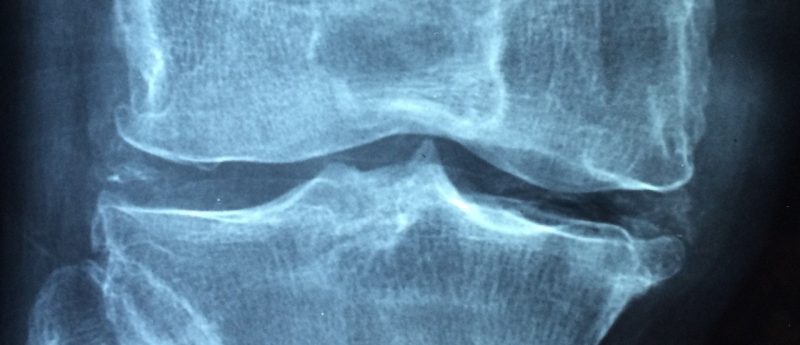Researchers sniff out a potential new treatment for articular cartilage defects

Engineered nasal chondrocytes show promise for supporting functional restoration of knee cartilage defects, following a Phase 1 clinical trial led by University of Basel, Switzerland, where autologous transplantation of nasal cells expanded into cartilage grafts in vitro was shown to be a safe and possibly also effective.
A team of Swiss doctors led by Ivan Martin (University of Basel, Switzerland) has demonstrated that autologous nasal cartilage cells can be utilized to produce cartilage grafts that are safe for clinical for repair of articular cartilage defects in the knee and may also be effective at repairing the condition.
Due to the poor repair capacity of articular cartilage, injury to the highly specialized tissue can often result in progressive damage and lead to osteoarthritis. While more traditional methods such as microfracture surgery can slow or delay cartilage degeneration following injury, they are generally unable to provide long-term restoration to cartilage structure and function.
In this observational Phase I study, chondrocyte cells were harvested via biopsy from the nasal septa of 10 adults (aged 18—55 years) with post-traumatic, full-thickness cartilage lesions of the knee. Cells were then expanded and seeded onto a scaffold consisting of glycosaminoglycan and type II collagen, and cultured to produce 30ˆÃ—ˆ40ˆÃ—ˆ2-mm hyaline-like cartilage grafts, which were then implanted at the injury site.
At 2-years follow-up, MRI scans demonstrated that this treatment method resulted in improvements in knee function, pain and quality of life in 90% of the patients without any adverse reactions reported. Importantly, the findings also revealed that new tissue had developed in the 2-year period with similar compositional properties to native cartilage.
This first-in-human trial has highlighted the potential of this less-invasive, cell-based therapeutic technique, which reduces the risk of harmful side effects. However randomized trials with longer follow-up periods are now required, and future studies would also be needed to assess the technique in other patient groups, such as those with degenerative conditions or injuries to joints other than the knee.
“Our findings confirm the safety and feasibility of cartilage grafts engineered from nasal cells to repair damaged knee cartilage. But use of this procedure in everyday clinical practice is still a long way off as it requires rigorous assessment of efficacy in larger groups of patients and the development of manufacturing strategies to ensure cost effectiveness,” stated Martin.
— Written by Adam Price-Evans
Sources: Mumme M, Barbero A, Miot S et al. Nasal chondrocyte-based engineered autologous cartilage tissue for repair of articular cartilage defects: an observational first-in-human trial. Lancet 388(10055), 1985—1994 (2016); http://www.alphagalileo.org/ViewItem.aspx?ItemId=169167&CultureCode=en